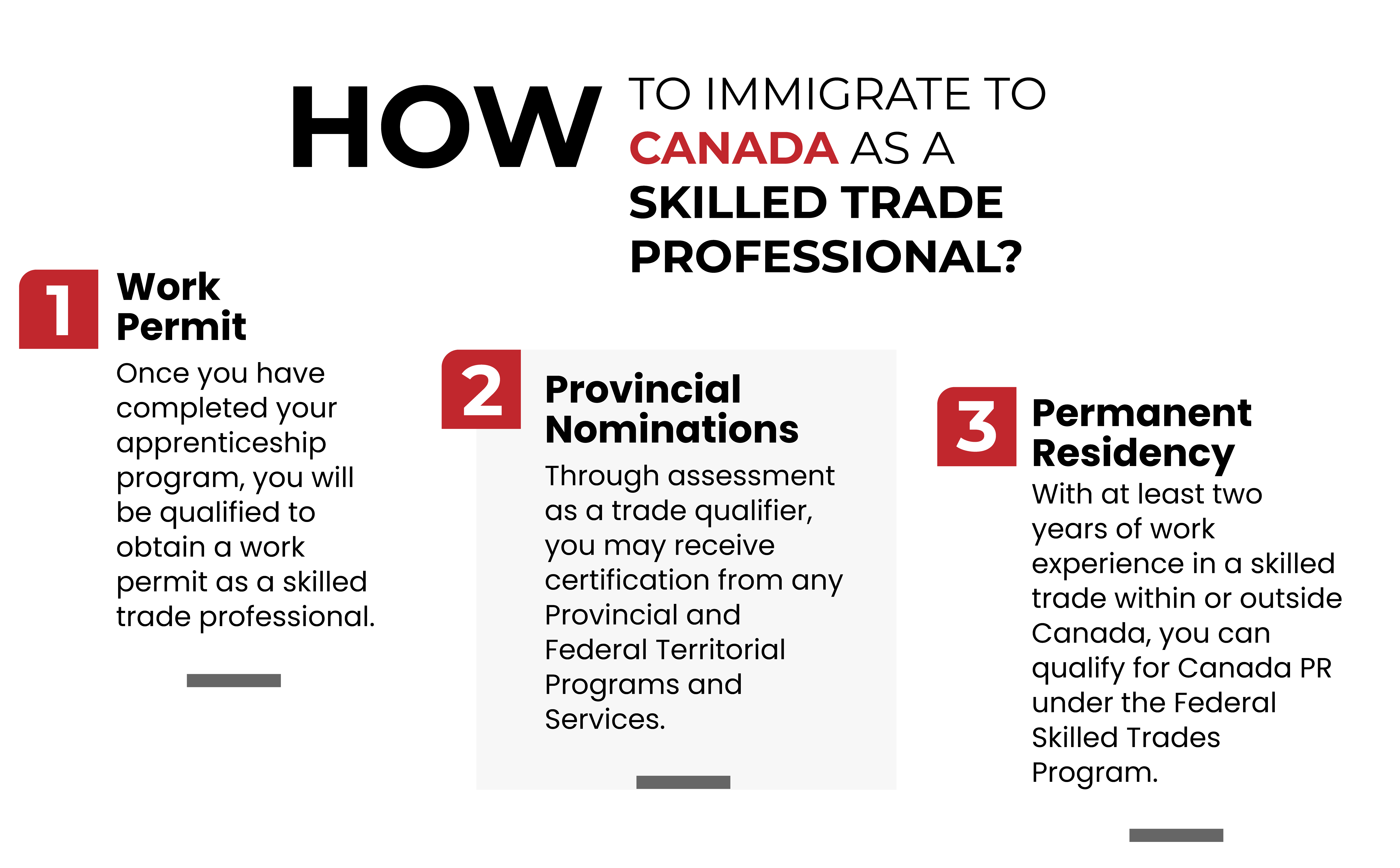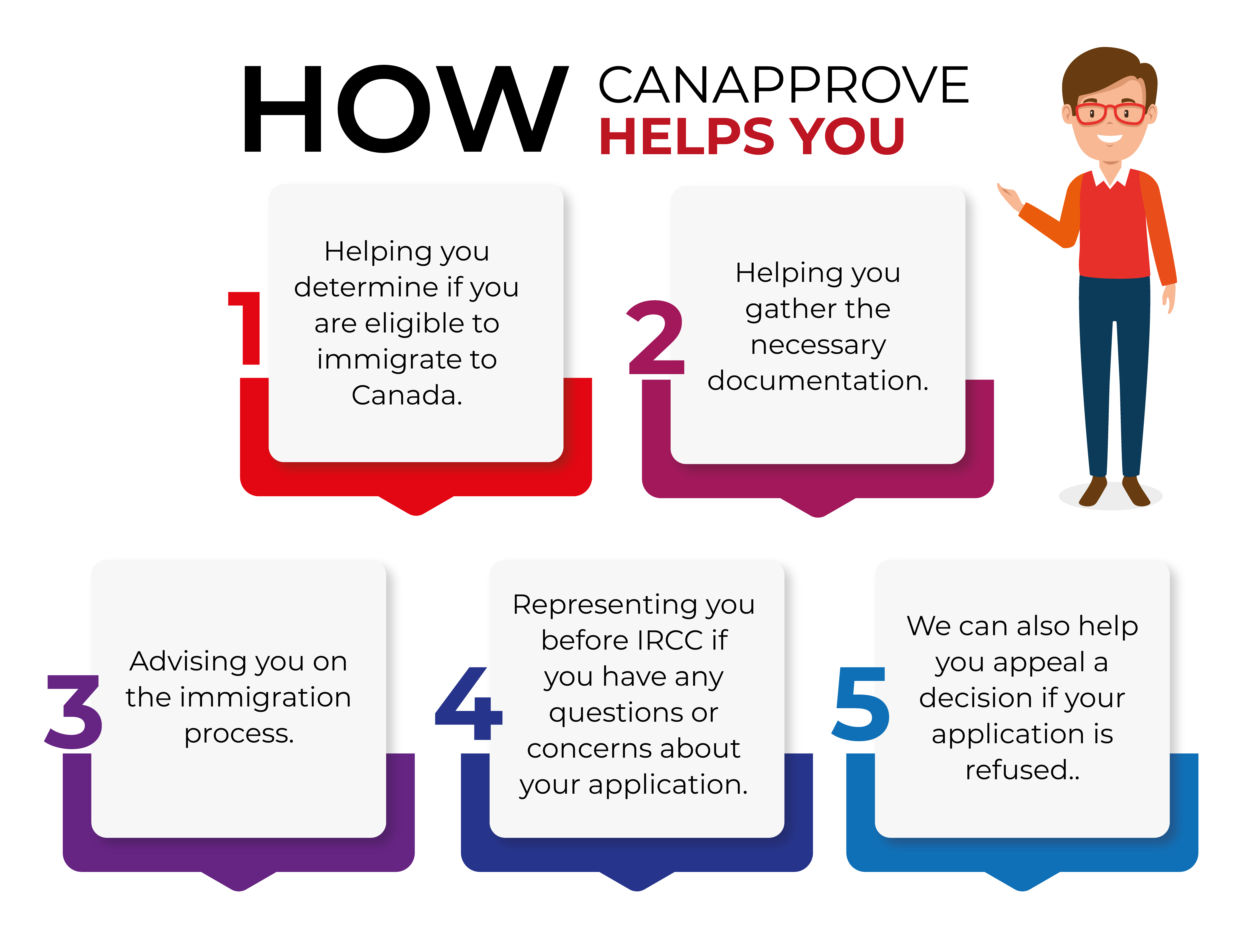Are you a healthcare professional looking to work in the Great North? Understanding the Labor Market Impact Assessment (LMIA) work permit process is crucial for you. Don’t worry, my friend, you’re in the right place! Welcome to our easy-to-understand guide, “Demystifying the LMIA work permit process for healthcare professionals.”
Let’s start with the basics:
What is an LMIA?
A Labour Market Impact Assessment (LMIA) is a document that Canadian employers may need before hiring foreign workers (TFWs). An LMIA gives employers permission to hire workers who are not Canadian citizens, permanent residents, or work permit holders. Only employers can apply for an LMIA, which is submitted to Employment and Social Development Canada (ESDC).
LMIA decisions are either positive or negative. A positive LMIA means there is a need for a foreign worker to fill the job of the employer, and no Canadian worker or permanent resident is available to do the same . It shows a genuine labor shortage. A positive LMIA is also called a confirmation letter. A negative LMIA means ESDC believes there are suitable Canadian candidates available.
Why is an LMIA required?
The purpose of the LMIA is to ensure that hiring a foreign worker will not have a negative impact on the Canadian labor market. It allows foreign workers to work for a specific employer in Canada. The LMIA is a critical step in this process as it assesses the impact of hiring a foreign worker on the Canadian job market.
Determining LMIA Work Permit Eligibility
Before you start the application process, you must check if you qualify for an LMIA work permit. The Canadian work permit process can be complex. Knowing this step helps you avoid wasting time on an unsuccessful application.
To qualify for an LMIA work permit for healthcare professionals, you usually need:
- An LMIA-approved job offer from a Canadian employer in the healthcare field.
- Meet the skills, qualifications, work experience, and language requirements relevant to the job
- Medical and criminal background checks are required.
Once you are certain of your eligibility, you can begin the LMIA work permit application process.
Understanding the LMIA Application Process Steps
1️⃣ Employer Application: The first step in the LMIA process is for the employer to apply for an LMIA. They will need to provide detailed information about the job position, including the duties, responsibilities, and salary.
2️⃣ Job Advertisement: In most cases, the employer will need to advertise the job position in Canada for a specified period to demonstrate that there are no qualified Canadian workers available to fill the position.
3️⃣ LMIA Application Review: Once the job advertisement period has ended, ESDC will review the employer’s application and determine whether an LMIA will be issued.
4️⃣ LMIA Issuance: If the LMIA is approved, the employer will receive a positive LMIA, which they can then use to support a work permit application for the foreign worker.
Once an employer has obtained a positive LMIA, the next step for the foreign worker is to apply for a work permit. This process involves using the LMIA approval as supporting documentation in the application.
5️⃣ Work Permit Application: Apply for a work permit with the LMIA approval letter. Submit documents like your job offer, LMIA confirmation, and proof of funds.
6️⃣ Biometrics for LMIA Work Permit and Interview: You need to provide biometrics. Depending on your country of residence, you may also need to attend an interview at the Canadian consulate.
7️⃣ Work Permit Issuance: If the work permit application is approved, the worker receives a work permit and can start working in Canada.
Processing Time and Validity
Understanding the processing time and validity of your LMIA work permit is crucial for planning your move.
- Processing Time: The processing time can vary based on factors like your country of residence and the job type. Apply well in advance for a smooth transition.
- Validity: LMIA work permits are typically valid for your job contract’s duration. You may be able to extend it if necessary.
Tips for a Successful LMIA Application
- Familiarize yourself with the LMIA process, including the requirements and steps involved. This will help you prepare a strong application.
- Ensure that the job you are applying for falls under an eligible category for an LMIA.
- To ensure you meet all requirements, collaborate closely with an immigration consultant familiar with the LMIA process, like CanApprove.
Wrap-Up
The LMIA work permit process steps can be complex; however, with the right information and guidance, healthcare professionals can successfully navigate it. By understanding the process and following the tips outlined in this blog, you can definitely increase your chances of obtaining an LMIA work permit and pursuing your career goals in Canada.
How can CanApprove help you?
Looking to explore healthcare job opportunities in Canada? Need help with Canada work permit eligibility? Want to apply for a temporary work permit in Canada? Want to apply for a Canadian PR? We have all the answers to your queries, and our experienced Canada immigration consultants are here to assist you. Why wait? Click the link to reach out to us now! https://canapprove.ae/contact-us/
Why should you approach CanApprove for an LMIA work permit in Canada?
- 25+ years of Excellence
- Widespread Across Continents
- Directed by immigration experts
- Personalized Consultation
- Application assistance
- Document preparation
- Ongoing support throughout the process.
- 100% Transparent
Let us help you make your immigration dreams a reality. Join the ranks of satisfied clients like Mrs. Iyda Rachel Thomas, who said, ‘CanApprove is our best suggestion.‘ Contact us today and experience the CanApprove difference!
Client Success | Mrs. Iyda Rachel Thomas & Family | Canada PR | Canada Immigration | Explore Canada
FAQs
1️⃣ What is a Labour Market Impact Assessment (LMIA) and how does it affect hiring foreign workers in Canada?
An LMIA is a document needed by Canadian employers who want to hire foreign workers. It’s issued by Employment and Social Development Canada (ESDC) and evaluates if hiring a foreign worker would be good or neutral for the Canadian job market. Employers must show they’ve tried to hire Canadians first but couldn’t, and that hiring a foreign worker won’t harm Canadian wages or working conditions. With a positive LMIA, a foreign worker can apply for a work permit from Immigration, Refugees and Citizenship Canada (IRCC).
2️⃣ How can employers apply for a facilitated LMIA in Quebec?
Employers in Quebec can apply for a facilitated LMIA through the Temporary Foreign Worker Program (TFWP), operated by Employment and Social Development Canada (ESDC). Quebec’s facilitated LMIA process is part of the Agreement for Canada-Quebec Cooperation on Immigration, which allows Quebec to manage its immigration programs within its jurisdiction. Employers in Quebec can apply for a facilitated LMIA by submitting their application to the Quebec Ministry of Immigration, Francization, and Integration (MIFI), which works in collaboration with ESDC to process LMIA applications in Quebec.
3️⃣ What are the eligibility criteria for the Global Talent Stream program?
The Global Talent Stream (GTS) program is an initiative by the Canadian government designed to help employers in Canada attract highly skilled foreign workers to fill specialized positions quickly.
To be eligible for the Global Talent Stream program, employers must meet the following criteria:
- The position must be classified as a skill type 0 (managerial occupations) or skill level A (professional occupations) or B (technical occupations and skilled trades) according to the National Occupational Classification (NOC).
- Employers must be referred to the Global Talent Stream by one of the program’s designated referral partners, which include designated employers, industry associations, and other organizations recognized by the government.
- Employers must be committed to creating jobs for Canadians and permanent residents, either directly or indirectly, and to transferring knowledge and skills to Canadians and permanent residents.
- Employers must be compliant with all Canadian laws and regulations, including those related to employment, immigration, and workplace health and safety.






